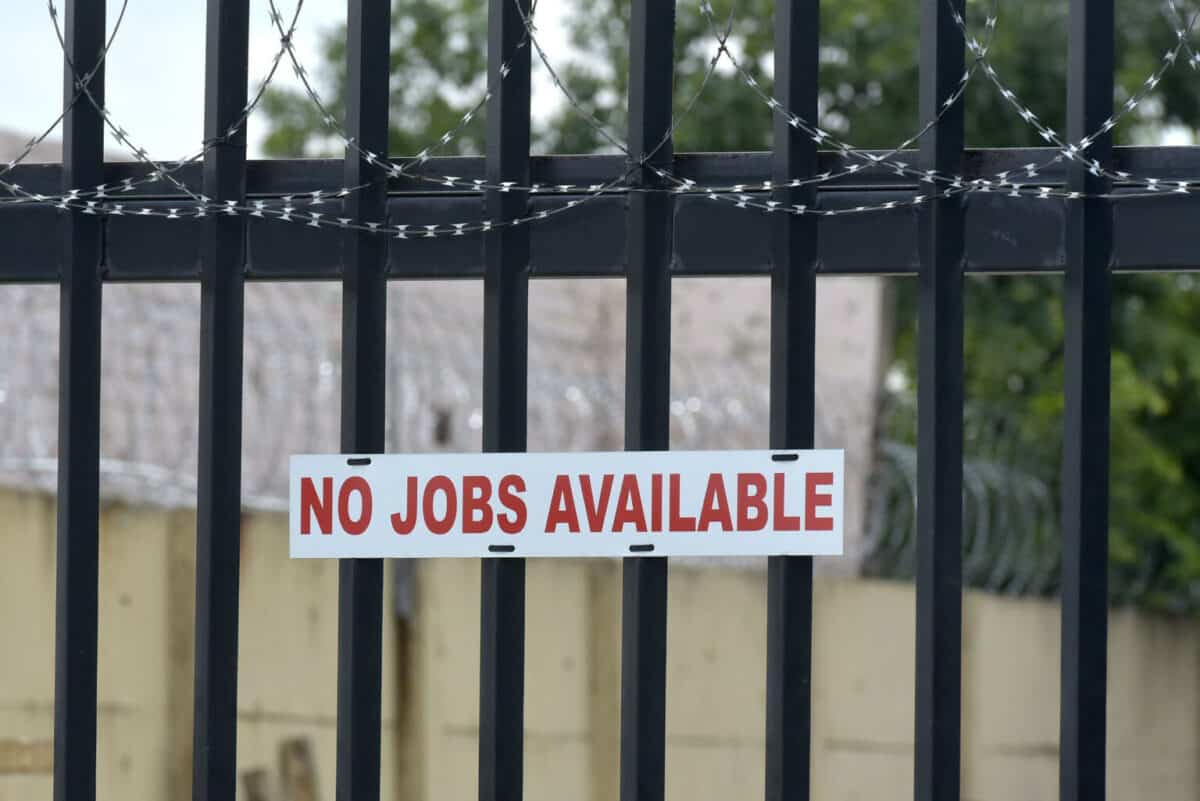Limpopo’s unemployment rate jumped from 34.4% to 35%

Limpopo’s MEC for Economic Development, Tourism and Environmental Affairs has vowed to use tourism to create much-needed jobs after the province lost 55 000 jobs in the first quarter of 2025-26 financial year.
MEC Tshitereke Matibe this week said that tourism in Limpopo is a tool for sustainable job creation and local economic development. The sector, he said, had created 740 000 jobs during the last quarter of 2024-25 in December last year.
“As I said in the provincial budget vote earlier this year, tourism must be the people’s industry, reaching from our villages to our towns, and spreading benefits to women, youth, and rural communities,” Matibe said.
He said the tourism sector made strides over the past year in creating sustainable employment and could be an economic engine in the province.
“Limpopo is blessed with unique attractions, breathtaking landscapes, and cultural wealth. But these must be matched with quality service. We will therefore intensify skills training programmes, ensuring frontline staff embody the hospitality that makes Limpopo unforgettable.
“We are also committed to expanding platforms that connect our tourism products to markets,” he said.
The MEC, who recently won the ANC Vhembe regional elective conference for a fourth consecutive term, added that Limpopo continues to grow as a hub for events and conferences.
ALSO READ: SA continues to bleed jobs as employment shrinks for second time
The DA, however, said it is not convinced. It said in the first quarter of 2025, the expanded unemployment rate in Limpopo, which includes discouraged jobseekers, remained unchanged at 43.8%.
The party further said it was deeply concerned by the results of the latest Statistics SA Quarterly Labour Force Survey (QLFS), which showed that Limpopo’s unemployment rate jumped by 0.6 percentage points, from 34.4% in Q1 to 35.0% in Q2, while South Africa as a whole saw a modest 0.3 percentage point increase in the official unemployment rate.
The DA’s Jacques Smalle said this widening gap shows that whatever gains the national economy is making are not translating into improvements in Limpopo.
“This is not a temporary fluctuation; it is a warning signal of deep-seated economic fragility. Our provincial economy depends heavily on agriculture, public sector employment, and informal trade, leaving it highly vulnerable when these sectors contract.
“A limited industrial base and a small formal private sector mean few alternative employment avenues… We need action to break the structural trap we are in today,” said Smalle.
READ NEXT: Illegal mining in Limpopo ‘spiralling out of control’






